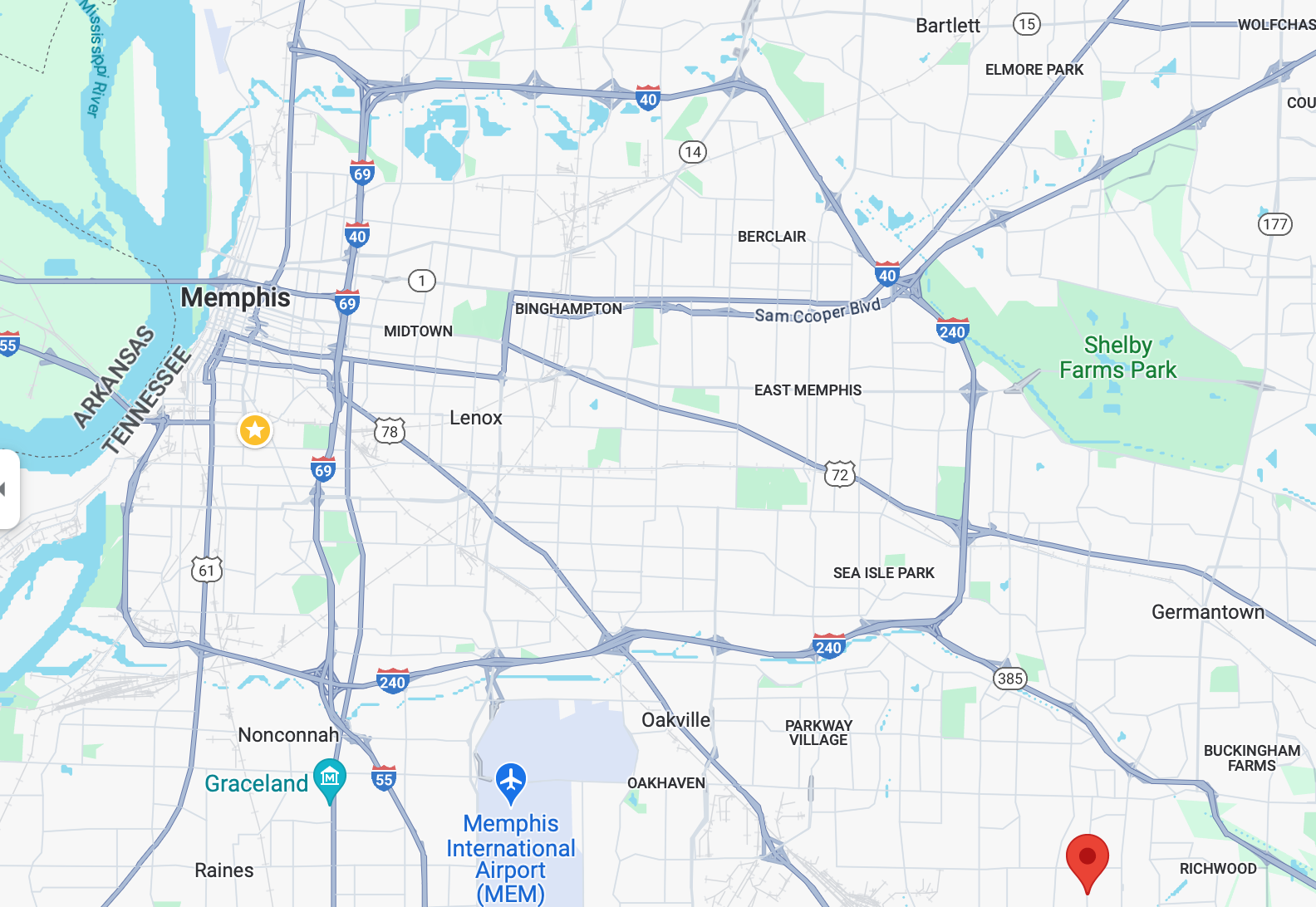Reactions are pouring in after a blistering report from the United States Department of Justice (DOJ) Wednesday detailed the agency’s findings from an investigation into the Memphis Police Department. This probe was launched in the aftermath of Tyre Nichol’s death following his deadly beating after a traffic stop.
“Based on this investigation, we found that the police in Memphis use excessive force; that they stop, search, and arrest people unlawfully; that their policies have a discriminatory effect on Black people; and that they discriminate against people with behavioral health disabilities,” the DOJ said in a statement. “Furthermore, we are concerned that Memphis police officers unnecessarily escalate encounters with some of the most vulnerable members of the community — its children.”
The DOJ found that the agency used excessive force, discriminatory practices against Black people, and imposed harsh and “aggressive” tactics on children.” The agency found these to consistent practices where they “violat[ed] people’s rights.”
Career attorneys and staff from the Civil Rights Division, the United States Attorney’s Office, and “more than a dozen experts who specialize in police department management, use of force, statistics and other areas,” were consulted in what the Justice Department called a “comprehensive and exhaustive” investigation. They also interviewed police officer, city employees, community members and more.
“We received hundreds of incidents, watched hundreds of body-worn camera videos, read thousands of documents, and conducted statistical analyses of the department’s data regarding officer activities and enforcement,” the statement said.
U.S. Assistant Attorney General Kristen Clarke said MPD’s practices do not make Memphis safer and urged the city to intervene in terms of police reform and consent decrees. They said they are also committed to working with the city to remedy these patterns.
“Achieving meaningful constitutional policing reform costs time and resources,” Clarke said. “ But not implementing systemic reforms also imposes enormous costs — cost in terms of citizens’ rights that are trampled, personal, and financial costs in injuries and deaths due to excessive, unnecessary use of force, costs in diminished public safety, and millions of dollars in legal judgments against the city due to constitutional violations.”
During a press conference Mayor Paul Young said for those who had not read the report that it would be “difficult to read” and that some types of incidents are “not acceptable.”
“Policing in Memphis must always be ever-evolving, constantly improving, and I’m confident that our team is ready to further the work of creating ongoing change,” Young said. “We believe that adjustments we’ve already begun making must continue and that they must expand.”
In a letter addressed to Justice Department officials, Tannera Gibson, city of Memphis attorney and Chief Legal Officer, said the city will not willfully enter a consent decree based on the report. She said a legal process is required for them to question how they evaluated information, witnesses, and facts used to reach their conclusions.
“Until the city has had the opportunity to review, analyze, and challenge the specific allegations that support your forthcoming findings report, the city cannot — and will not — agree to work toward or enter into a consent decree that will likely be in place for years to come and will cost the residents of Memphis hundreds of millions of dollars,” Gibson said in a statement. “From what we understand, consent decrees remain in place for an average of more than ten years, with absolutely no controls to ensure timely completion or consideration for the financial impact to the affected community. Such a proposal is not the right solution for Memphis.”
Upon sharing these findings, the Official Black Lives Matter Memphis Chapter said the following:
“Confirms what activists and organizers have been saying about the police department for years.”
Cardell Orrin, executive director of Stand for Children – Tennessee, echoed these sentiments saying this is what they’ve “heard many times and has been debated, disputed, and diminished.”
“Thanks to the investigators from DOJ for validating the experiences of people in Memphis when the people’s representatives have not been willing to acknowledge and do something about it,” Orrin said in a post. “You can go back to the many CLERB (Civilian Law Enforcement Review Board) recommendations that never got addressed by MPD leadership or the city.”
This story will be continually updated as more reactions come in.



